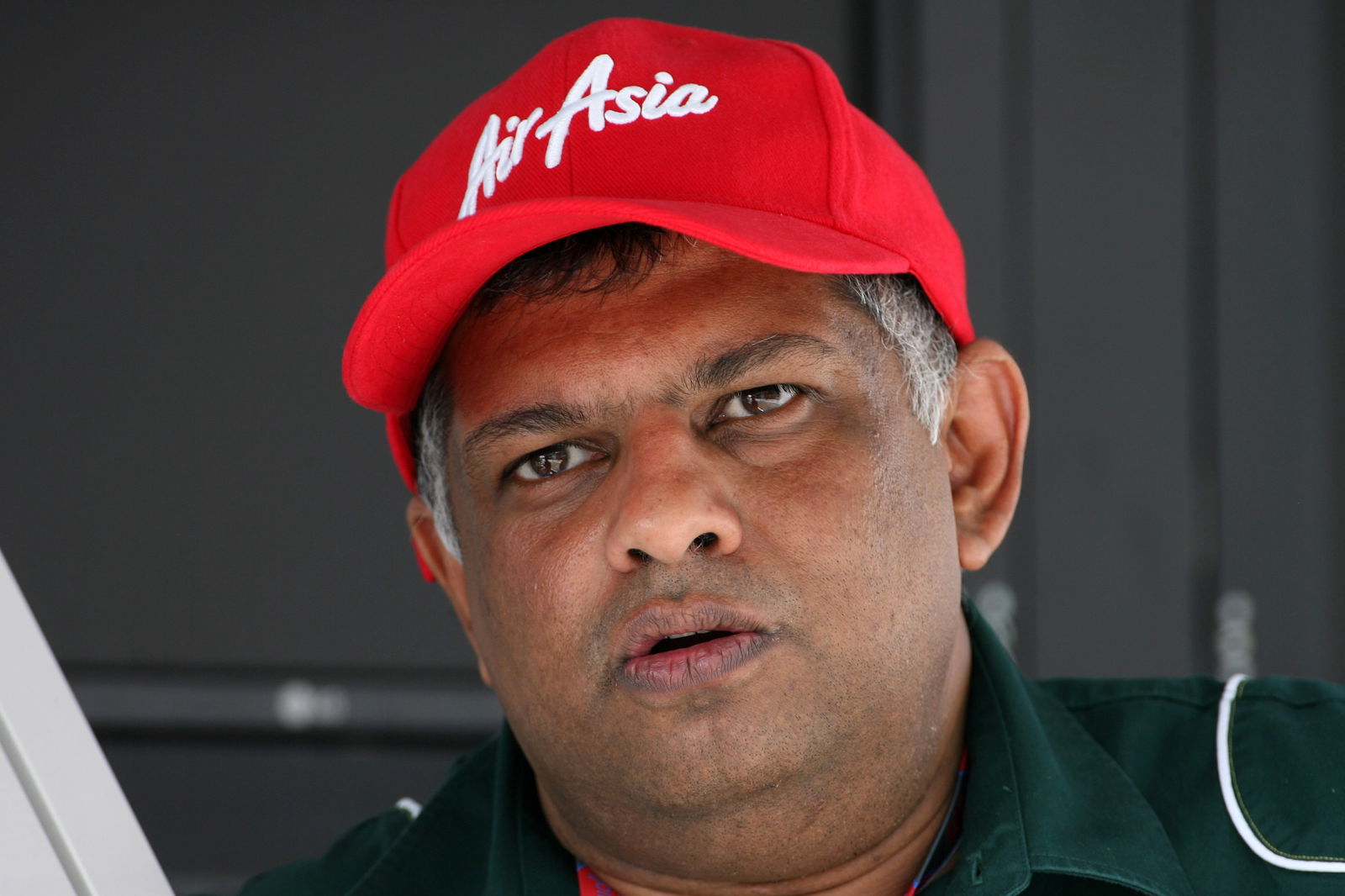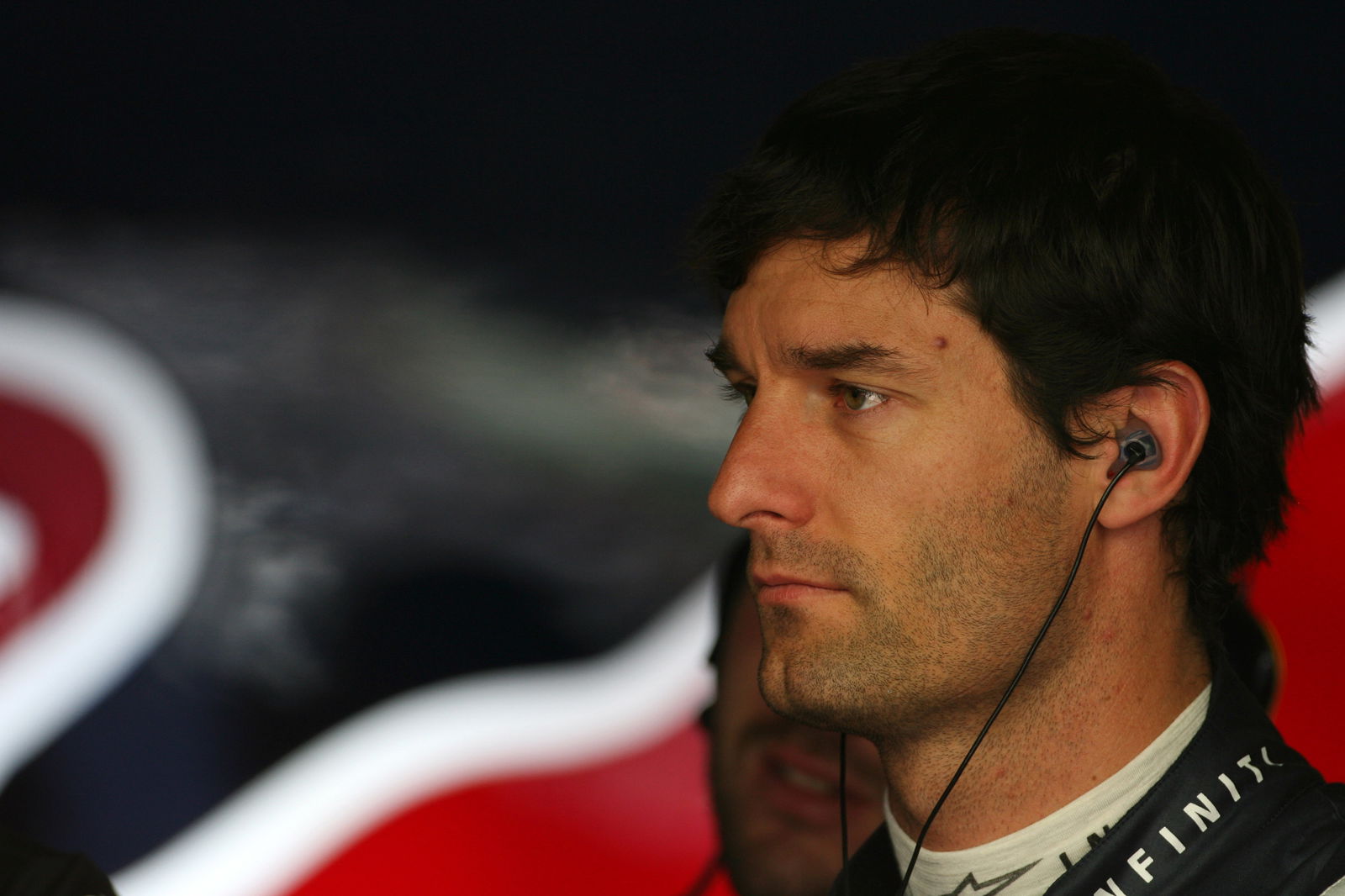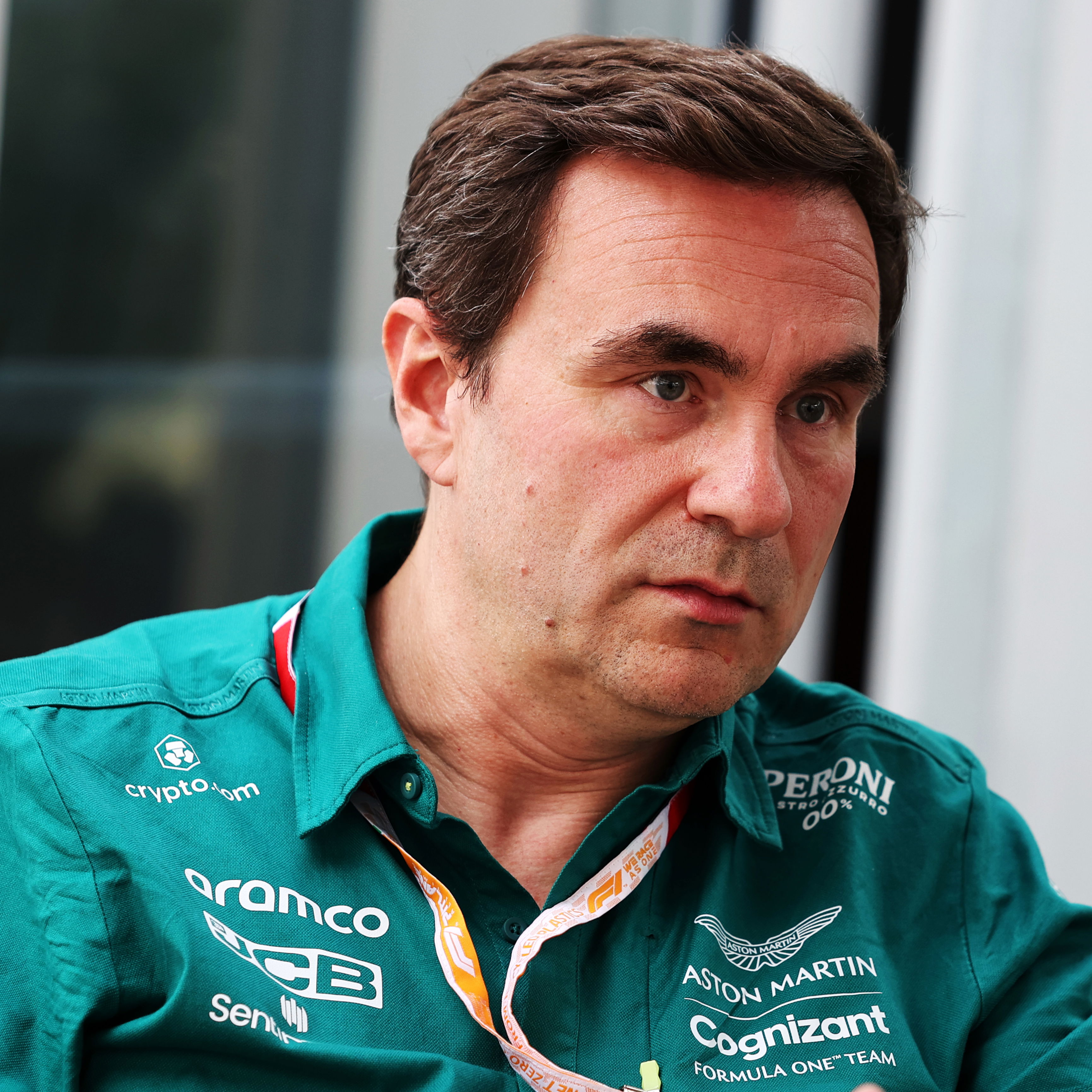FIA decision 'a kick in the teeth for the Bahraini people'
Human rights groups have condemned the FIA's controversial decision to reinstate the cancelled Bahrain Grand Prix on the F1 2011 World Championship schedule - lambasting the move as 'a kick in the teeth for the Bahraini people' and insisting the sport and its teams will henceforth 'be directly linked with a bloody crackdown that's ruined the lives of hundreds of innocent people'.
Following a reunion of its World Motor Sport Council (WMSC) in Barcelona on Friday, the FIA announced that the beleaguered Bahrain Grand Prix will take place after all [see separate story - click here], slotting it back in on the calendar on 30 October - meaning the inaugural Indian Grand Prix will now have to be held in December instead, a move fiercely criticised by F1 teams, whose fears about returning to the volatile Middle Eastern nation and in so doing extending the season to such a late finish have ostensibly been ignored.
Red Bull Racing star Mark Webber has already made his feelings on the matter known [see separate story - click here], and the Australian's views have been echoed by both ex-FIA President Max Mosley and former F1 World Champion Damon Hill - and now, too, by human rights organisations.
"F1's decision is a kick in the teeth for the Bahraini people," asserted Alex Wilks, campaign director for international organisation Avaaz. "The race will happen in a country where government troops continue to shoot and arrest peaceful protesters. Money has trumped human rights and good judgment, so now F1, plus Red Bull, McLaren, Ferrari and every other team will be directly linked with a bloody crackdown that's ruined the lives of hundreds of innocent people."
'F1 just announced that it will hold a grand prix in Bahrain despite the human rights outrages there,' adds an Avaaz statement. 'The F1 teams haven't responded yet. Let's sign the petition to tell them what we think - our pressure may still get them to speak out.
'Red Bull has built a reputation as a sporty, fun drink - but it and other leading F1 teams may become better-known for endorsing government torture and murder. If Red Bull refuses to race in Bahrain, other teams will pull back as well - and the F1 race could be taken off the schedule, sending shock waves through Bahrain's brutal government and sending an unmistakeable message that the world will not ignore state brutality. Sports boycotts have piled pressure on other regimes such as apartheid South Africa - we can do it again.
'Red Bull will only act if enough of us join together to make clear that its brand, its very reputation, is on the line. Let's raise a cry that Bahrain's government thugs can't silence, and call on Red Bull to pull out of the F1 race slated for Bahrain. If 300,000 of us sign the petition, Avaaz will run hard-hitting adverts carrying our messages to Red Bull executives.'
Whilst Avaaz has tallied some 400,000 signatures on its online petition against the race going ahead, other local and international human rights groups have similarly joined in the backlash, contending that the grand prix will damage their work in the country - as well as F1's reputation. Human Rights Watch spokesman Tom Porteous has labelled the WMSC's decision 'unfortunate', with Mohammed al-Maskati, head of the Bahrain Youth Society for Human Rights, rueing that 'F1 does not respect human rights'.
Such schools of thought, however - as well as teams' opposition to the move - have met with short shrift from both F1 commercial rights-holder Bernie Ecclestone and Bahrain International Circuit (BIC) chairman Zayed R Alzayani. The former has been a persistent advocate for the race's rescheduling right from the word 'go'.
"The truth of the matter is, this was voted on by the FIA, that was it," the Formula One Management (FOM) chief executive bluntly stated, according to the Press Association. "It went through the World Council. The FIA sent people out there to check on the situation, they came back and reported everything is fine.
"It's obvious that everybody feels they need to be safe when we get there. In the end, we'll have to wait and see what happens in Bahrain. If there is peace and no problems, then I suppose the teams will be alright. Of course they'd rather not be racing in December, but these are unusual circumstances."
"By the time the grand prix arrives, we will be able to remind the world about Bahrain at its best," added Alzayani. "The Bahrain Grand Prix has always been a source of national pride, and it is an event than transcends politics. Its positive effect will be felt throughout the country."
Alzayani did concede, though, that the circuit is experiencing 'some staff issues', with reports claiming that at least a quarter of employees at the Sakhir track have been arrested and either suspended or dismissed for their participation in anti-government demonstrations.
Protesters are calling for greater freedom, equal rights and an elected government in Bahrain - ruled by the Al Khalifa dynasty for almost 40 years - and in February, the authorities brought in Saudi forces to help to quash the uprising.
In four subsequent months, more than 30 people have been killed and thousands arrested amidst ongoing civil unrest and violent repression - with Bahraini security forces alleged to have kidnapped many doctors, nurses, university professors, students and activists - and it is a situation that even after the lifting of martial law last week, still shows few real signs of abating.







